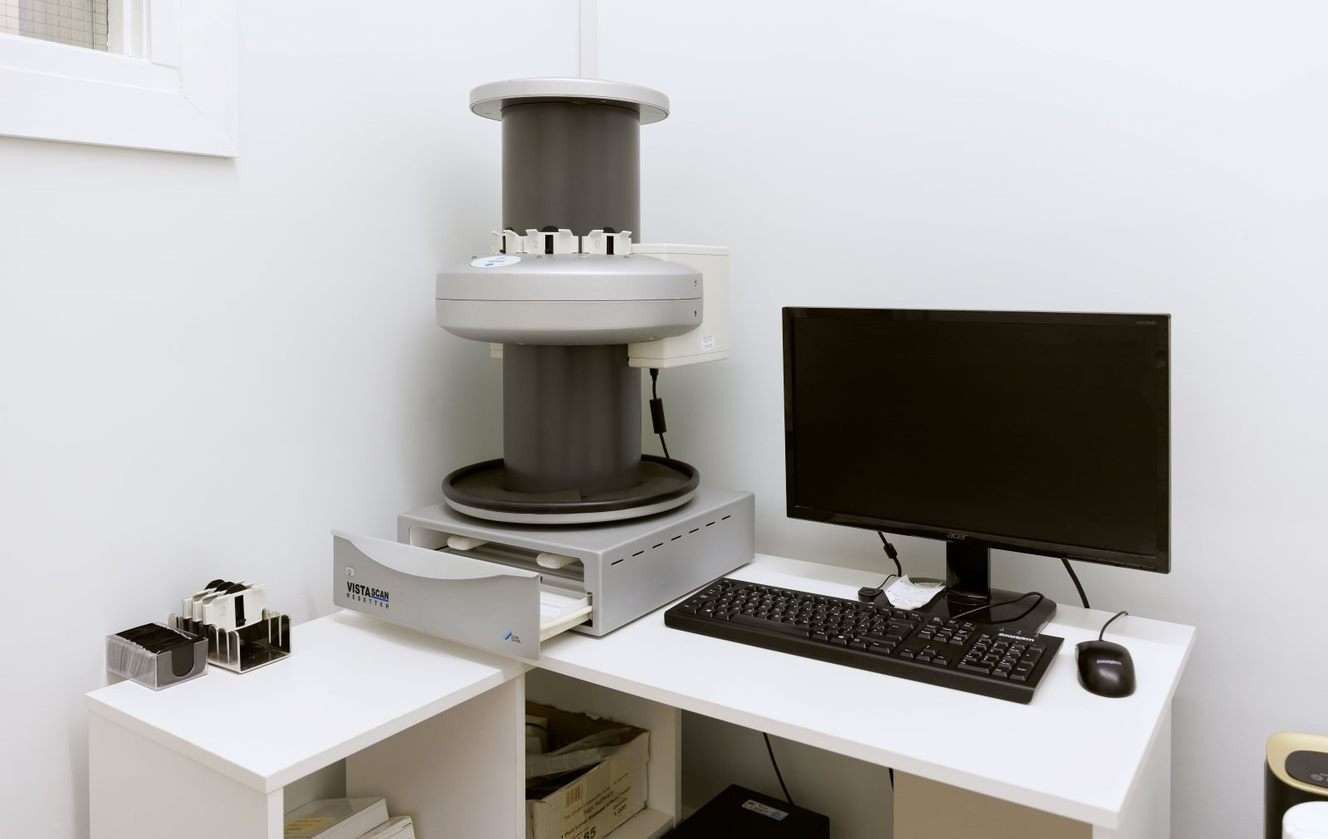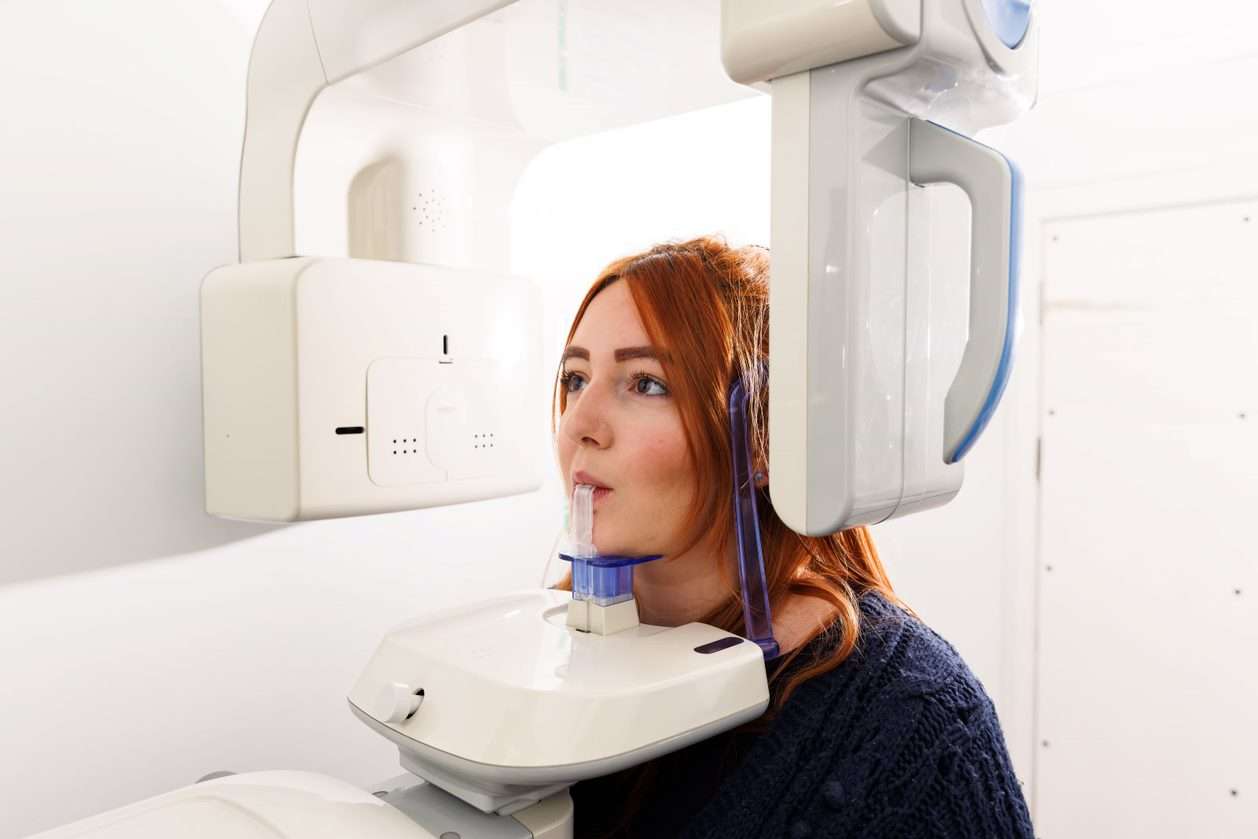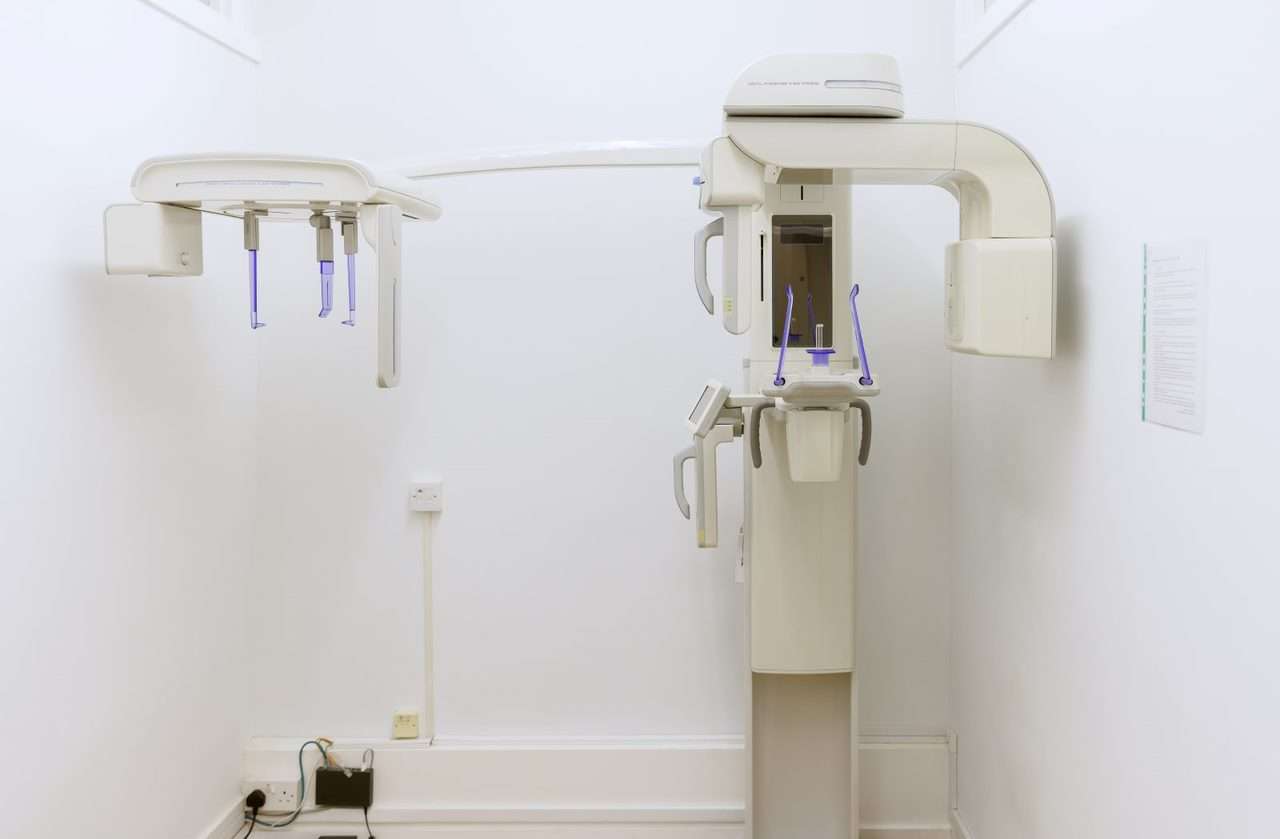Wisdom Teeth
A Closer Look At Wisdom Teeth
Wisdom teeth are the last set of teeth in the mouth to arrive, which normally happens around the ages of 18-24. There has been a lot of discussion over the years about the need to remove wisdom teeth. If the wisdom teeth don’t cause any harm or pain, they are normally fine to stay in place. If they erupt in a difficult position and cause problem to adjacent structures – i.e. to the adjacent teeth or gum and jaw bone – or cause you repeated pain or discomfort, they will need to be removed.
When wisdom teeth don’t come through normally they can cause problems however most people don’t have a problem with their wisdom teeth. If there’s not enough room in the mouth or other teeth are in the way, they are described as impacted.
This is where the wisdom tooth Impacts either the jaw bone or another tooth. This can cause inflammation in the gum for some, increase risk of infection or more severe pain in a few cases.
Impacted wisdom teeth can be extracted but because it does not cause everyone the same problems, having impacted wisdom teeth doesn’t automatically mean they need to be extracted . Sometimes they can be extracted by your general dentist, although in most cases they need to be assessed and removed by a specialist oral surgeon. In this case you’ll need to see an oral surgeon and have a consultation first.
Before or during the consultation, a wide view x-ray (panoramic x-ray or OPG) that will let the surgeon know how your wisdom teeth are coming through will be necessary. He will go over the results with you, take a look in your mouth, then tell you what options you have. If treatment is required, you’ll have the option of using local anaesthetic or going with an IV sedation. If you decide to just use local anaesthetic, which is numbing, you’ll be fully aware of the procedure but without feeling any pain.
Depending on the shape, size, and the formation of the wisdom teeth, the removal process can vary and sometime be quite complex. Once the extractions have been completed, there is normally little to no swelling involved. Your dentist will prescribe you some medication for the pain, which you should use as soon as you arrive home. If you are going to have sedation, you’ll need someone to accompany you, as you won’t be able to drive home.
After the removal of your wisdom teeth, the initial healing period typically takes from one to two weeks. Gum tissue takes about three to four weeks to heal and complete healing of the bone can take about six months depending on the care you take of the area.
To ensure the proper healing of your gums and mouth follow the instructions here.
For more information contact us on 01420 552573, e-mail us on info@watercressdental.co.uk





